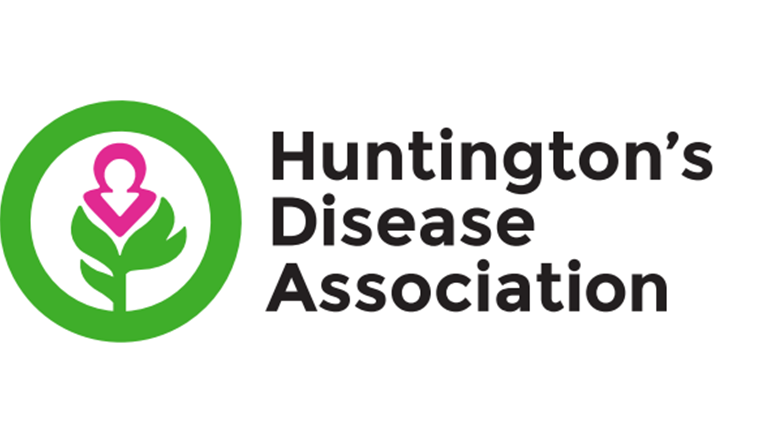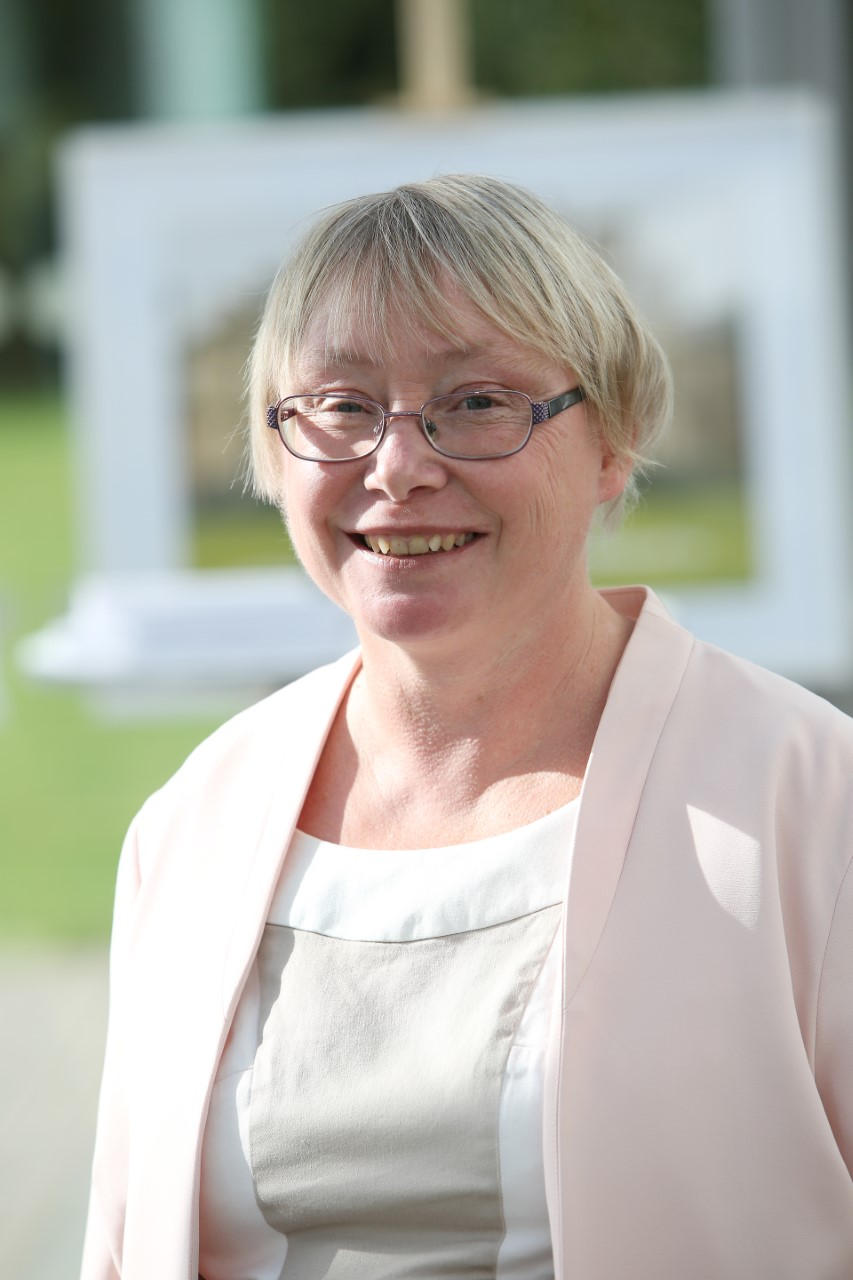

Why is HD your passion?
Huntington’s is my passion for a variety of reasons. I initially applied to work for the HDA as I had been working in a Marie Curie Hospice. Although predominantly we cared for cancer patients, we did have 2 young people who had Huntington’s who came to us for respite.
It was really apparent that there were much less services and support for them in the community than for the cancer patients. I wanted to try and make a difference. Working with families affected by Huntington’s is a true privilege. The resilience they show on a daily basis is an inspiration.
Why do you think the Real World Evidence (Burden of Illness Study) with HCD is essential to empower patients and help the charities goals?
Breaking down and studying the cost of Huntington’s both in terms the person affected by Huntington’s but also the wider cost because of the effect on the carer, and the generation on generation impact will for the first time offer some true robust evidence of the devastating effect of this illness.
What previous study experience has the HDA had, what is exciting about our study by comparison?
We have been partners on a number of studies, perhaps the most relevant being a prevalence study, and studies into diagnoses of JHD. What is exciting about this study is the involvement of a wide range of disciplines that scan both health and social care, and the fact people affected by Huntington’s and their carers also are able to contribute to the study – giving them a real voice.
How does HDA envisage the partnership with HCD working in practice?
The HDA has contacts with a wide range of health and social care professionals who work in the field of Huntington’s. Obviously we also work with a lot of families affected by Huntington’s as well. We can work with HCD to ensure they are able to have access to a wide range of people to enable the study to be a success. In addition we can comment on the study set up to ensure that it captures some of the unique impacts of Huntington’s. Using HCD’s experience and expertise will enable us to use the results of the study in the best and most proactive way.
How does the HDA plan to use the study, once data collection completed and results published?
For the first time the HDA will have some research-based evidence about the cost and complexity of Huntington’s. We can use this information to inform commissioners and politicians to ensure better quality of care for people affected by Huntington’s. We can also use it as evidence of need when applying for funding bids for our specialist services.
How can HCD support the HDA and yourself in achieving personal and role objectives?
HCD can share their experience and networks to enable us to use the information in the most productive way.
Anything else you’d like to add?
We are thrilled to be partnering HCD on this project.
For more information on the work of the HDA – http://www.hda.org.uk
For more information on the Real World Evidence (Burden of Illness) study
– contact Hayley at HCD Economics - hayley.hubberstey@hcdeconomics.com